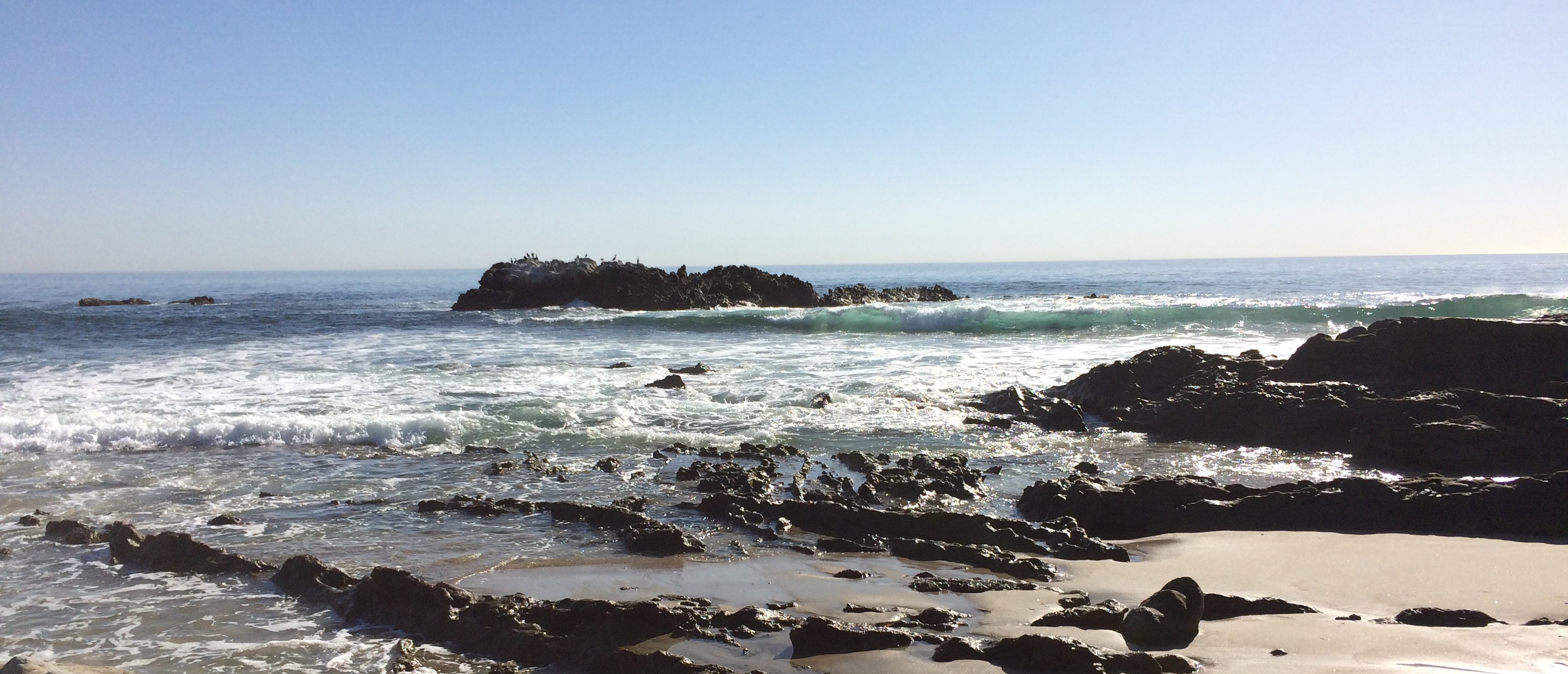“And the people stayed home. And read books, and listened, and rested, and exercised, and made art, and played games, and learned new ways of being, and were still. And listened more deeply. Some meditated, some prayed, some danced. Some met their shadows. And the people began to think differently. And the people healed.
“And, in the absence of people living in ignorant, dangerous, mindless, and heartless ways, the earth began to heal.
“And when the danger passed, and the people joined together again, they grieved their losses, and made new choices, and dreamed new images, and created new ways to live and heal the earth fully, as they had been healed.”
Written by Kitty O’Meara in the early days of the coronavirus pandemic, this poem went “viral” because it offers hope that good can come from this viral tragedy that has forced us to change the way we live.
We have been expecting a climate crisis, but now another catastrophe has paralyzed us. But that does not mean the climate crisis has receded. Perhaps, as O’Meara suggests, this slowdown can help us avert it by learning to focus on what really matters and live more simply in ways that heal us and the planet.
The pandemic has at times been overshadowed by concerns for “The Economy,” which has become an entity unto itself to be protected above all else. Originally meaning “household management,” the current economy is not about making sure that everyone in the household, or society, has their share of available resources, but about ever increasing growth. Former Harvard Business School professor David Korten, now a critic of the very system he used to teach, claims that the goal of unlimited economic growth through global capitalism is unsustainable in a finite planetary system. 1 Indeed we have seen that as some have amassed unimaginable wealth, others remain mired in poverty, and the planet itself has been ravaged.
And yet, those with massive wealth have not found greater happiness or satisfaction than people with more modest incomes. Happiness in the US as a whole has declined from a peak in 1957, and mental health issues continue to rise. The idea that our wealth itself has made us sick is captured in the coinage “affluenza.”’
Global consumer capitalism drives an industrial machine that pillages and pollutes the natural world, and has burned through so much fossil fuel that the resulting atmospheric changes threaten life itself. We have a narrow window in which to drastically adopt a more sustainable way of living.
As tragic as it is, the coronavirus pandemic could be the thing that forces such a change.
Elsewhere, Korten describes the physical metamorphosis of a caterpillar into a monarch butterfly as a symbol for the cultural and institutional change that humans must make. The caterpillar, a “voracious consumer,” emerges from the cocoon as a butterfly that “lives lightly on Earth.” 2
The coronavirus has forced us into a cocoon, physically withdrawing and slowing down. Families are cooking together, playing board games, and talking in person instead eating out, running to countless activities, and communicating by text.
We are reading, making music, and keeping in touch by phone and written correspondence. Online retail allows us to get necessities, but financial hardship
may limit shopping for sport.
The US has enacted emergency economic measures such as paid sick leave, unemployment benefits, funds for increased testing and medical supplies, mortgage relief, and small business loans, along with direct payouts and tax relief for everyone but the wealthiest citizens. For the short term, at least, we have refocused our economy to its original purpose – assuring the wellbeing of everyone in the household. 3
We do not know how long this chrysalis period will last, but it is forcing us to rethink how we live, as individuals and a society. We have the opportunity to learn to live with less and to value personal connections above material wealth. We can create an economy that cares for all people and not just those with enough wealth to impact the political process. We can emerge from the chrysalis transformed, and like the monarch butterfly, live more lightly and in ways that heal both us and the earth.
May it be so.

- See Korten’s “The Failures of Bretton Woods,” in The Case Against the Global Economy, Jerry Mander and Edward Goldsmith, eds., Sierra Club Books, 1996.
- From The Great Turning – From Empire to Earth Community, by David C. Korten, Berrett-Koehler, 2007.
- As we wonder where the money for such payouts will come from, we should look at the $5.2 trillion spend globally to subsidize fossil fuels. We should redirect those funds and force that industry to adapt quickly to renewal sources of energy. The $28 billion spent last year on agricultural subsidies, which were skewed towards the largest producers, could be redeployed to small businesses and local farmers, putting people to work and rethinking agriculture, which contributes 25% of greenhouse gasses.

1 thought on “A Chrysalis Moment”